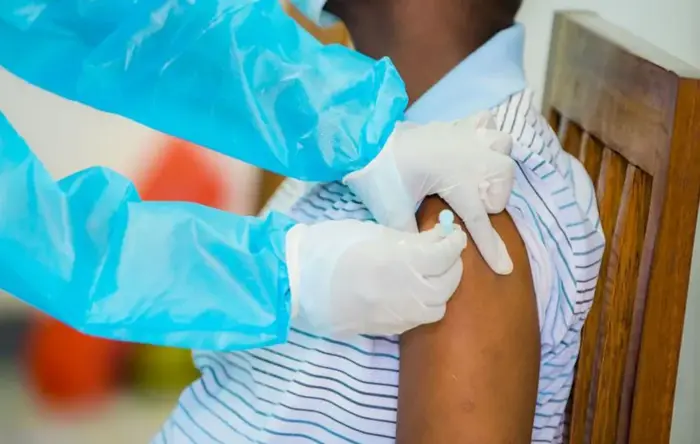The United States’ recommendation to avoid non-essential travel to Rwanda due to the Marburg virus outbreak has been met with criticism from Africa’s top health official, Jean Kaseya. The head of the Africa Centres for Disease Control and Prevention (Africa CDC) has labeled the travel advisory as “unfair” and said it reflects poorly on how the international community treats Rwanda and Africa in general.
In the past two weeks, Rwanda has reported 13 deaths from the Marburg virus, with a significant number of the victims being healthcare workers. The country’s health minister confirmed these figures, adding that while the outbreak is serious, authorities have managed to bring the situation under control.
Despite assurances from officials, healthcare workers on the front lines remain fearful as they continue to battle the deadly virus. “What scares you the most is when you see people of the same profession dying,” said Maria, an intensive care nurse in Kigali, Rwanda’s capital. Maria, whose name has been changed to protect her identity, expressed concern over the dangers she and her colleagues face daily.
Maria spoke to the BBC under conditions of anonymity due to fears of losing her job. The 46-year-old nurse, who is also a mother, admitted she is constantly worried that she could be the next to fall ill. “I can’t stop telling myself that I might be the next, that maybe I am positive but without symptoms yet,” she said.
The Marburg virus is highly lethal, with the World Health Organization (WHO) stating that, on average, half of those infected die. The virus is hosted by fruit bats and spreads between humans through contact with infected bodily fluids such as sweat, urine, and blood. Rwanda’s healthcare system is feeling the strain, with several of Maria’s colleagues already infected and being treated in isolation. Sadly, more than one healthcare worker has died, underscoring the risks faced by medical staff in managing this outbreak.
The African CDC and local authorities continue to work towards containing the virus, but the travel advisory from the US has brought additional pressure to Rwanda’s already tense public health environment. Despite the virus’s danger, Kaseya stressed the importance of nuanced responses that don’t stigmatize countries or regions affected by outbreaks.
For now, the healthcare workers, including Maria, remain on high alert as they continue their fight against the deadly virus, hoping that increased international support will arrive without the detrimental effects of travel warnings.
Related Topics:

